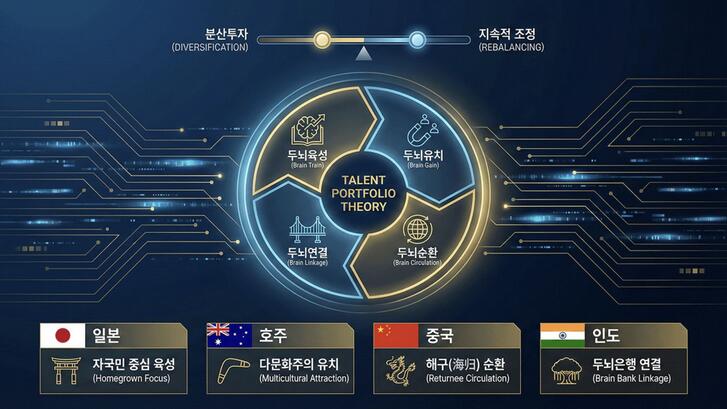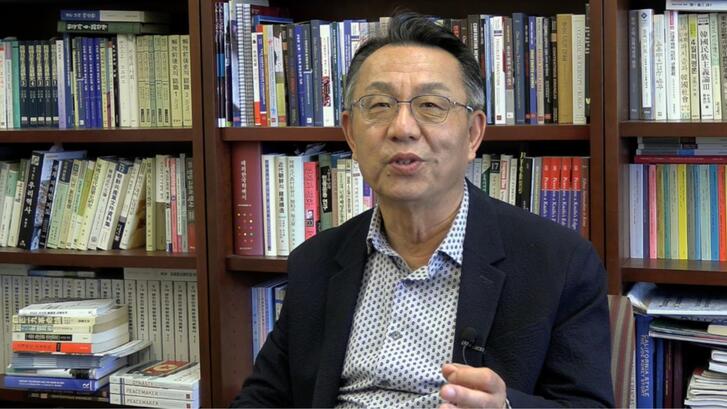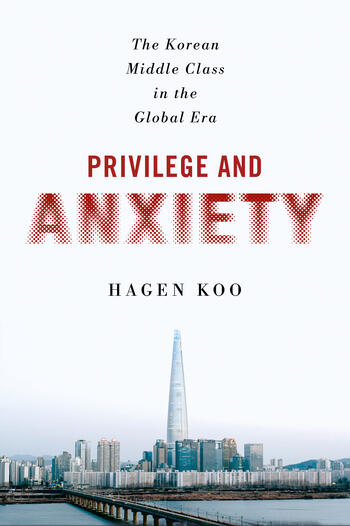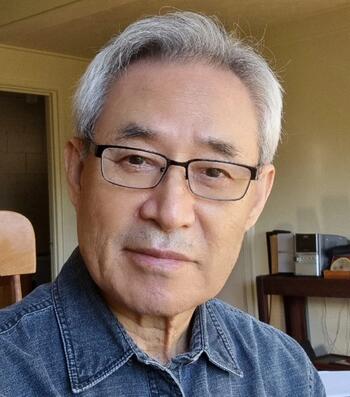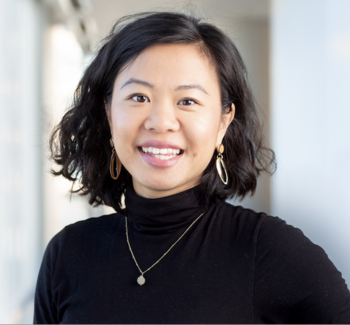Gi-Wook Shin on The Four Talent Giants: How Nations Build Economic Power Through Human Resource Development
How do nations build and sustain economic power? While the rise of Asia-Pacific economies has drawn significant scholarly attention, these nations' divergent paths to success remain less understood. Stanford University's Gi-Wook Shin, the William J. Perry Professor of Contemporary Korea in the Department of Sociology, argues we need a new lens to account for cross-national variation in how countries mobilize talent to develop their workforces and achieve growth.
In his recent book, The Four Talent Giants, Shin introduces Talent Portfolio Theory, a framework that explains how four strikingly different Asia-Pacific nations – Japan, Australia, China, and India – became economic powerhouses through distinct human resource development strategies. Each nation tailored its approach to education, migration, and global networks in ways shaped by unique historical, cultural, and geopolitical contexts.
Shin – a senior fellow at the Freeman Spogli Institute for International Studies and the director of the Korea Program and the Stanford Next Asia Policy Lab (SNAPL) at the Shorenstein Asia-Pacific Research Center (APARC) – joined host Sydney Seiler on the Center for Strategic and International Studies' video podcast, The Impossible State, to discuss that framework, how the four Asia-Pacific "talent giants" developed, attracted, and retained talent, and what other countries, including the United States, can learn as they face new risks and opportunities in a globalized, AI-driven economy.
The Four Talent Giants, published by Stanford University Press, is part of the SUP-APARC joint monograph series, Studies of the Walter H. Shorenstein Asia-Pacific Research Center. The book draws on research conducted as part of SNAPL's Talent Flows and Development research track.
Read More
Watch Stanford sociologist Gi-Wook Shin discuss his book, The Four Talent Giants, on the Center for Strategic and International Studies' video podcast, The Impossible State. Shin introduces a framework that explains how Japan, Australia, China, and India became economic powerhouses and what lessons these Asia-Pacific "talent giants" offer to other nations as they face increasingly fierce global competition for talent in the AI era.


